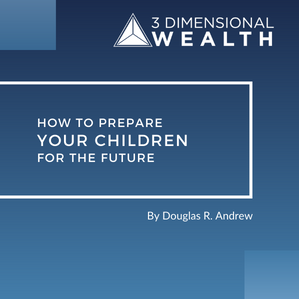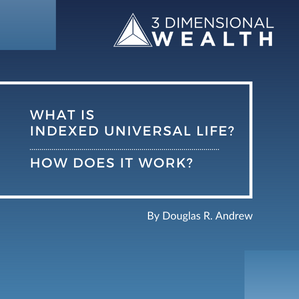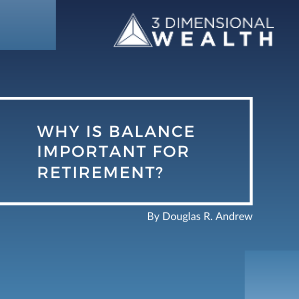HOW TO UPLIFT OTHERS
Doug Andrew here. I want to share with you a very powerful concept that Paul Jenkins, PhD, a very good friend of mine, shared with me. He’s the author of a book called “Pathological Positivity.”
He also authored this little book that I give to troubled youth called “Portable Positivity.” And it’s not just for troubled youth. This is very powerful. Let me share with you a very simple concept that he taught us at the National Speakers Association.
THE POWER TO CONNECT
The overall point of his presentation is our “Power to Connect.” It’s the key to influencing your audience for good no matter who you’re connecting with—with business associates, colleagues, even if your audience is comprised of your children or grandchildren, or if you’re a scout leader.
There are four quadrants shown here on this screen—he is talking about the four different ways that we interact with or view those whom we influence:
HOW I FEEL ABOUT ME
So, let’s start with how these two relate: How many times do we get caught up in “how I feel … about me”?
When we are so concerned about how we feel about ourselves, we grow self-conscious, and that creates anxiety.
It’s pretty common—you can tell people are preoccupied with how they feel about themselves. This focus can go to the extreme, however. I’m on the board of directors for a teenage suicide prevention organization, and many times we see that at-risk teens are trapped in this quadrant.
HOW THEY FEEL ABOUT ME
Now, when combining “how THEY (other people) feel … about ME,” that’s insecurity. It’s all about how other people feel about me. This also creates anxiety.
HOW I FEEL ABOUT THEM
Let’s shift to “how I feel … about THEM (other people).” There are all kinds of critics, and they will always be very verbal about how they feel about other people. They’re quick to criticize what other people say and to take offense, maybe when no offense was intended.
So “How I feel … about them” is about criticism. If you’re in this place, you’re judging.
Instead, the key is to think about how they—your audience, those you want to influence—feel about themselves. This way, it’s not about you; it’s about them. When you are in any type of setting where you want to create influence, remember it’s not about you. It’s not about saying, “Well, I have all these credentials….”
It’s about them.
THE GOAL: HOW THEY FEEL ABOUT THEMSELVES
So, when I walk in to mentor youth, I want to know how they feel about themselves. And the more I make them feel better about their future, the more I’m able to connect with them.
Do you know that Facebook, Twitter, and LinkedIn actually have algorithms that measure people who are always saying, “This is how I feel about myself”? They market stuff to people who are feeling self-conscious.
They have another algorithm about how people feel about themselves, and they market stuff to make them feel better about how other people perceive them.
And then they also can tell which people are always making comments on Twitter and Facebook about how they feel about everybody else, like the President or this movie star or that rock star.
They market stuff to these people based upon which quadrant they fall in.
If you’re in the zone of focusing on how others feel about themselves, you’re the hardest to market to, because it’s not about you.
And beyond algorithms and marketing, we’re talking about living, truly living. It’s really about helping other people feel better about themselves. When you do this, you will connect with those that you want to connect with, and you’ll be able to lift them up.
____________________
ABUNDANT LIVING HIGHLIGHTS
The Power to Connect – We all have opportunities to influence others, whether that is through work, church or community involvement, or our families. Where we put our focus determines the success we’ll have in truly making a difference.
Focus on How Others Feel About Themselves – It’s easy to get lost in how we feel about ourselves (self-consciousness), how others feel about us (insecurity), and how we feel about others (criticism). However, the best way to move forward and help others do the same is by elevating how they feel about themselves.
Podcast: Play in new window | Download
Subscribe: RSS




